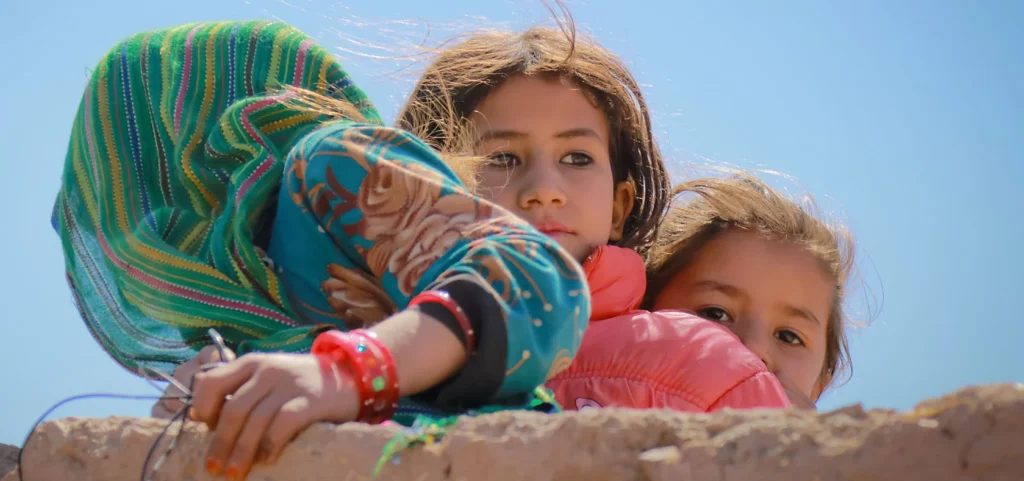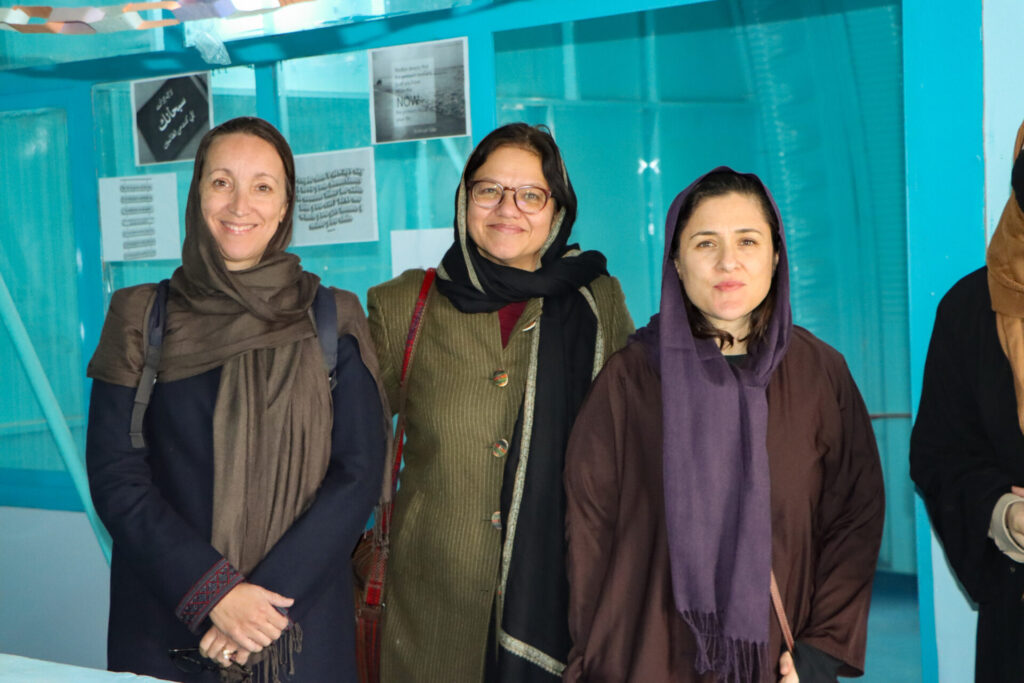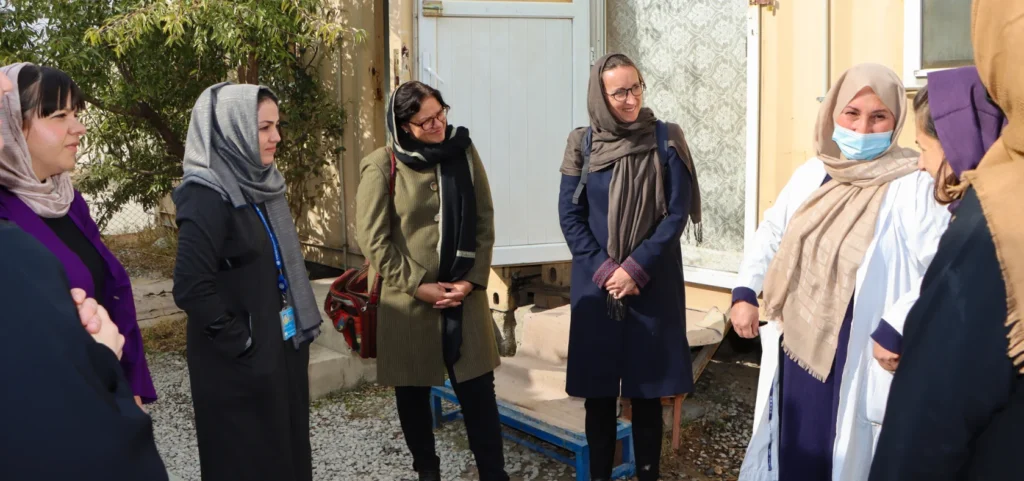
17th of July, 2024 In Afghanistan, a new program has been initiated with the purpose of reintegrating vulnerable women who suffer from substance use problems and their children back into the community. The provision of protective services, treatment for substance use disorders, and mental health services will be included in the full package of services that will be provided to women.
Afghanistan has long struggled with a serious drug abuse problem, which has only gotten worse due to the ongoing conflict and instability. It is estimated that approximately 10% of the population, or nearly 4 million people, are afflicted with substance use disorders. The World Health Organization (WHO) and the United Nations Women’s Organization (UN Women) have collaborated on a new project to address this critical health problem, which is particularly prevalent among women and children.
The program takes a holistic and gender-sensitive approach in order to promote access to integrated mental health and psychosocial support services and to provide quality substance use disorder treatment services for women who are affected by the issue. Additionally, it will improve the capabilities of critical health workers in the facilities that are being targeted to enable them to provide services that are trauma-informed and gender-responsive.

Community-based outreach and mobile protection services will also be taken into consideration in order to guarantee continuity of care and lessen the stigma that is associated with mental health and substance use issues.
This partnership between the World Health Organization and the United Nations Women’s Organization is a demonstration of our unwavering dedication to addressing the pressing issues surrounding substance use disorders. “We strive to advance public health in Afghanistan and build a more resilient society where everyone has equal access to health,” said Dr. Edwin Ceniza Salvador, WHO Representative and Head of Mission in Afghanistan. “We prioritize the needs of women and children in order to achieve these goals.”
Because of the high frequency of these diseases among women and children, there is an even greater urgency to address this issue. This is especially true when considering the fact that the negative impacts of substance use include more than just individuals.
The media and anecdotal accounts indicate that there has been a significant drop in the mental health of women. This trend is said to be compounded by the growing social isolation of women, as well as the shortage of support services and the stigma that surrounds obtaining them. Mr. Alison Davidian, the United Nations Women’s Special Representative to Afghanistan, stated that the goal of our engagement with the World Health Organization (WHO) will be to give comprehensive and much-needed help.
Through the introduction of this collaborative initiative, the World Health Organization (WHO) and the United Nations Women (UN Women) reaffirm their dedication to safeguarding the rights of women and children, whose health, development, and overall well-being are severely impacted by substance use disorders. It is possible to put an end to cycles of suffering and deprivation that occur inside households by taking action to support mothers and children who are struggling with substance use disorders.
About the World Health Organization (WHO)

The World Health Organization (WHO) is a specialized agency of the United Nations that focuses on global public health. Established in 1948, WHO operates on a global scale to advocate for health, ensure global safety, and support those in need. WHO is at the forefront of initiatives to address health emergencies, prevent diseases, and promote universal health coverage.
Through collaboration with governments, health agencies, and communities, WHO works to ensure access to vital health services, formulates health policies, and offers technical assistance.
In Afghanistan, WHO is committed to enhancing health outcomes, with a special focus on women and children. They tackle important issues like substance use disorders and mental health through specific initiatives and partnerships.
UN Women is an organization committed to promoting gender equality and empowering women. UN Women was established with the aim of accelerating progress in meeting the needs of women and girls worldwide, making it a global advocate for their rights.
UN Women Afghanistan has been present in Afghanistan for over 20 years and remains steadfast in its commitment to empowering Afghan women and girls. Driven by a deep understanding of their needs, and with a mission to empower Afghan women and girls to drive transformation, the organization’s initiatives are centered around four main areas: addressing gender in humanitarian action, combating violence against women, promoting women’s economic empowerment, and advancing women’s role in peace and security.